Particle, Astroparticle and Fundamental Interactions
The research groups of the Physics Department of Sapienza University gives several contributions in different areas of fundamental physics.
We are at the forefront of the following topics:
Experimental Elementary Particles Physics
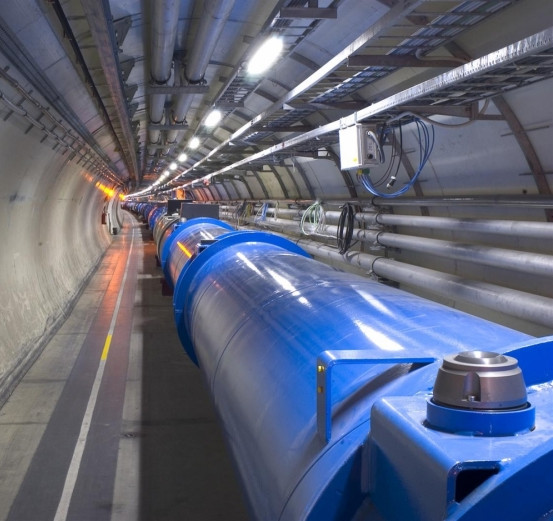
Understanding the fundamental nature of matter and interactions is the ultimate aim of the Particle Physics investigations. Activities in this field are conducted with a variety of techniques: from experiments with particle accelerators, in close collaboration with the most prestigious laboratories in the world (CERN, Fermilab, PSI, Frascati Laboratories, etc.), to those exploiting cosmic rays and natural radioactivity, mostly in underground laboratories like the Gran Sasso Laboratories. Together with the running experiments, the group members are actively involved in the development of cutting edge technologies for the preparation of future experiments.
More informations can be found here: https://web.infn.it/area-particelle-roma/
More informations can be found here: https://web.infn.it/area-particelle-roma/
Members G.Artoni, P.Bagnaia, F.Bellini, A.Betti, C.Bini, G.Cavoto, L.Cunqueiro Mendez, G.D’Agostini, S.De Cecco, D.Del Re, A.Di Domenico, G.Fantini, P.Gauzzi, S.Giagu, M.Kado, F.Lacava, C.Luci, A.Messina, G.Organtini, R.Paramatti, S.Rahatlou, M.Raggi, F.Santanastasio, M. Vignati
Theoretical Elementary Particle Physics
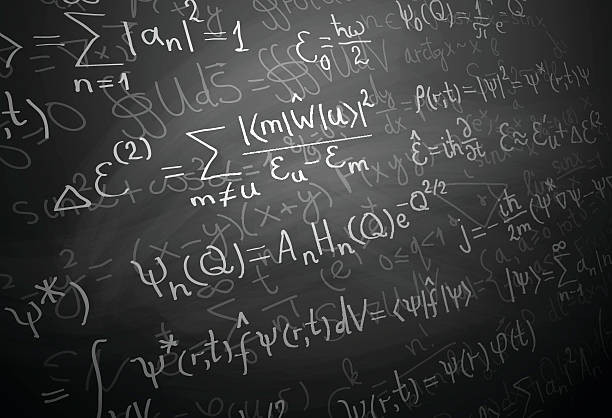
The research lines pursued by the Particle Theory Group are in the fields of Lattice Gauge Theory, with particular attention to Flavor Physics, higher order corrections to elementary processes of relevance to hadron collider physics, theory and phenomenology of exotic hadronic resonances and methods for light dark matter searches.
Astroparticle physics

In the last two decades, the construction of “chilometer-cube" scale deep-sea neutrino Cherenkov detector, with the NEMO R&D program and with the ANTARES experiment has been carried on. At present, the Sapienza group is actively involved in the construction of KM3NeT, the "multi-chilometer-cube” scale Cherenkov Neutrino Telescope in the Mediterranean Sea.
More informations can be found here: https://web.infn.it/area-particelle-roma/
More informations can be found here: https://web.infn.it/area-particelle-roma/
Members:S.Celli, I.Di Palma
Gravitational Wave Detectors
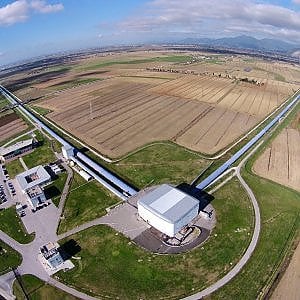
The Gravitational-Wave (GW) group is actively part of the worldwide LIGO-Virgo scientific collaboration, which is focused on the direct detection of all types of GW signals by using kilometer-scale laser interferometers. The Rome group is involved both in the analysis of the data collected by the LIGO-Virgo detectors, with particular interest and expertise in the search for continuous GW signals and for GW transient signals from compact binary coalescences, as well as in the construction of the payloads, one of the fundamental components of a GW detector.
More informations can be found here: https://web.infn.it/area-particelle-roma/
More informations can be found here: https://web.infn.it/area-particelle-roma/
Theoretical Gravitational Physics
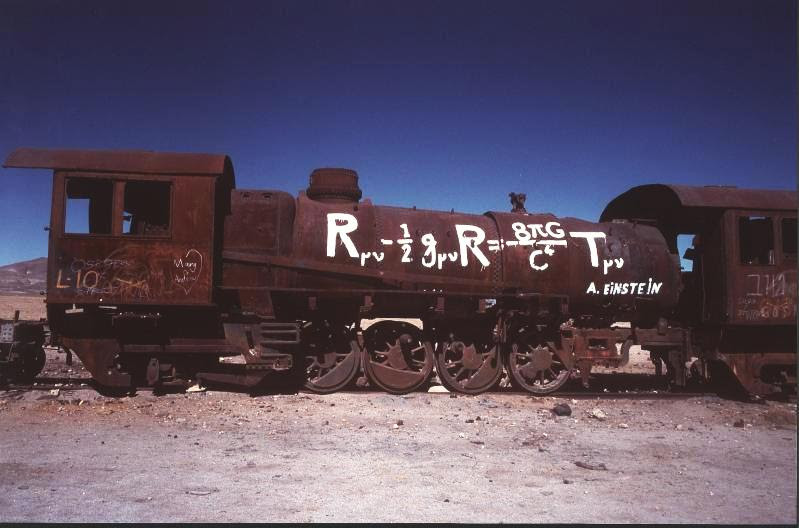
The main research subjects are the following: Gravitational-wave (GW) phenomenology with current and future (3G and LISA) detectors; GW modelling, black-hole and neutron star physics, tests of gravity and of the nature of compact objects. More informations can be found here: https://web.uniroma1.it/gmunu/
Members: L.Gualtieri, P. Pani
Cosmology, Gravity and Magnetohydrodynamics
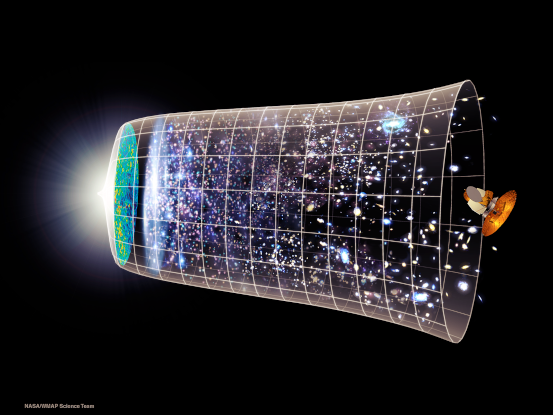
The research interests of the CGM-Group are in Primordial Cosmology, General Relativity, Modified and Quantum Theories of Gravity and eventually in Astrophysical and Laboratory Plasma. The main goals pursued by the research group concern the construction of a coherent picture for the origin and evolution of the Primordial Universe, with particular attention to the resolution of the Big-Bang singularity, the determination of a classical limit for the cosmological dynamics and the emergence of a reliable model for the formation and evolution of large scale structures. The studies in Plasma Physics are also developed within the PLUS collaboration of the ENEA Research Center.
More information can be found here: https://sites.google.com/view/cgm-research-group-montani/home
More information can be found here: https://sites.google.com/view/cgm-research-group-montani/home
Members: G.Montani
English
